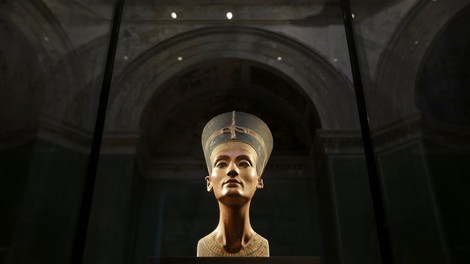Your podcast discovery platform
Curious minds select the most fascinating podcasts from around the world. Discover hand-piqd audio recommendations on your favorite topics.

piqer for: Global finds Globalization and politics
Rosebell is a multimedia communications specialist, journalist and award-winning blogger with experience in gender, peace and conflict. Currently works on public interest litigation for gender justice with focus on Latin America -Africa learning. Rosebell holds a Masters in media, peace and conflict studies from the University for Peace in Costa Rica. She is a World Economic Forum Young Global Leader.
Why It's Important To Recognize Feminism Has Always Been With Us
For many of us who work on gender equality in the global south, the challenge we are often up against isn't only the real barriers women face in our societies. We have to fight to dispel the myth that feminism or gender equality is a western thing.
To look at gender equality attained through access to western education and technology as the only way to look at gains women in our societies have made is problematic. Feminism has always been in African societies. Like Ugandan scholar Dr Sylvia Tamale notes, there are various African feminisms because there’s no one feminism. Her work on African sexualities dissects the power and the intersection of femininity and masculinity on the continent.
African history is full of great women who strived for equality and equity. I picked this piece by Khaled Diab because he emphasises the gender equality in ancient Egypt where women enjoyed same legal rights as men – an often overlooked history. A 2480-year-old, 2.4 metre-long papyrus from ancient Egypt shows that the husband, in case of a divorce, was to pay his ex-wife an alimony of 1.2 pieces of silver and 36 sacks of grains for the rest of her life.
It also shows that the struggle for rights isn't the one that you win once and then sit back and enjoy. There are always new forces, new threats, like we are currently experiencing the push back against women's rights in various corners of the world. This an important read because it shows those of us who want to shift grounds for women's rights that the answer isn't always on the outside. We have plenty in our history to learn from.
